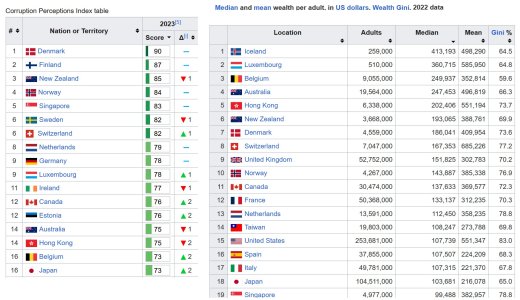Since I just made a small change to our portfolio, I was thinking it would be interesting for people to share their ETF Portfolio.
I just switched from:
What about you? What ETF portfolio do you use?
I just switched from:
- 80% VT
- 20% CHSPI
- 85% VT
- 15% CHSPI
What about you? What ETF portfolio do you use?


